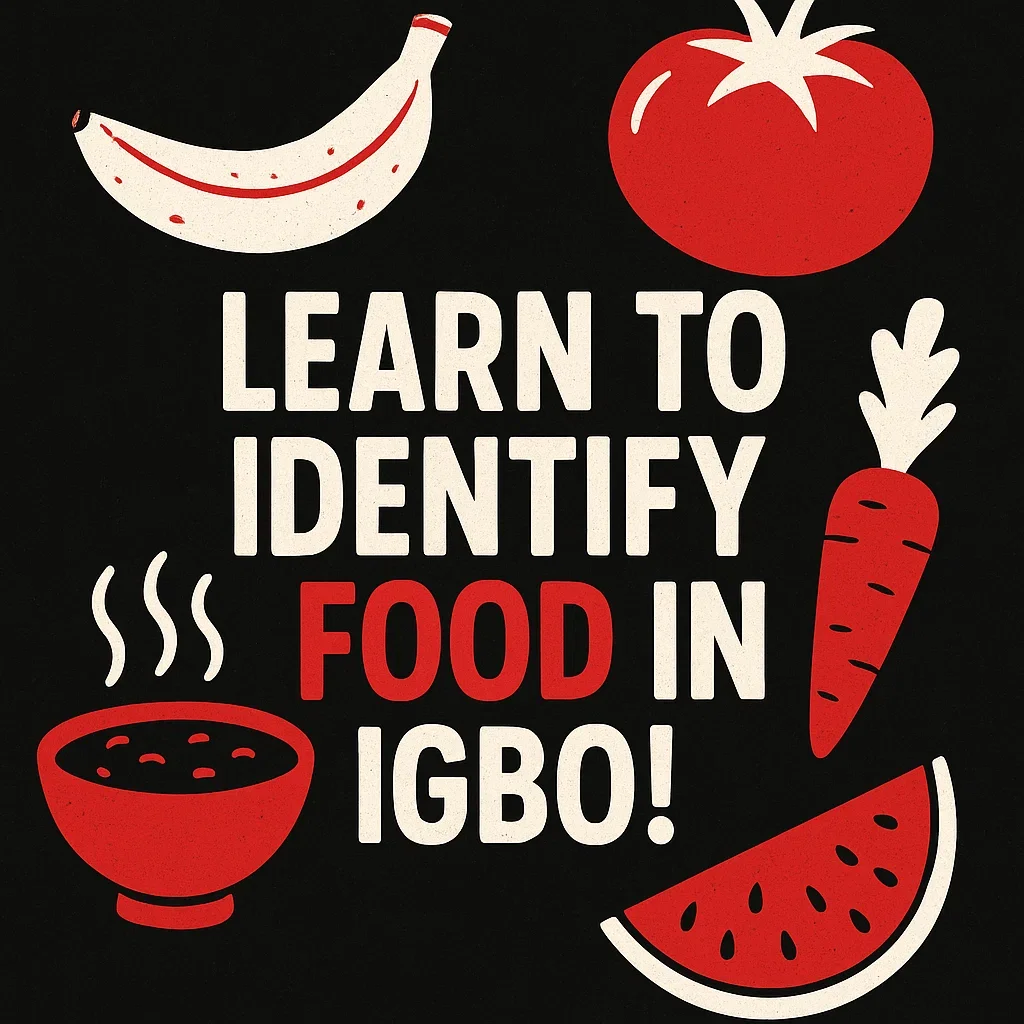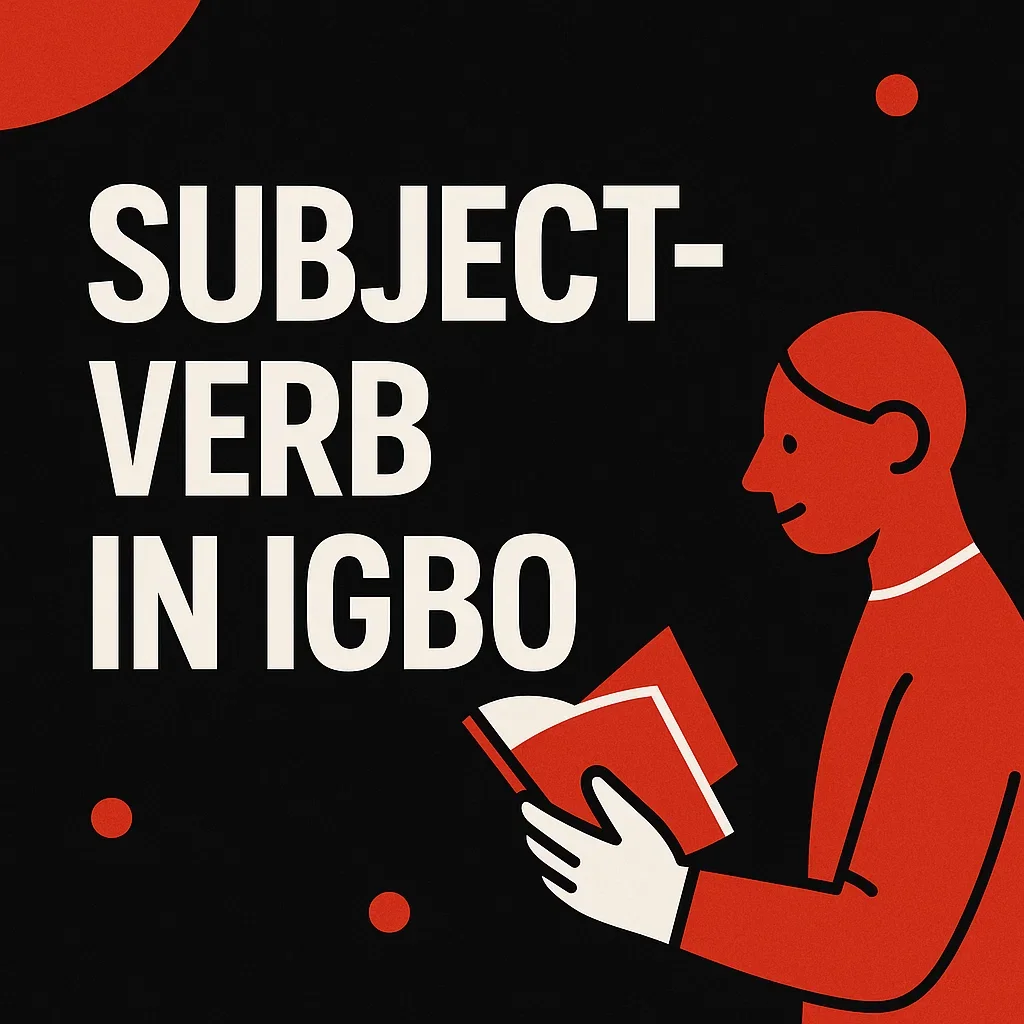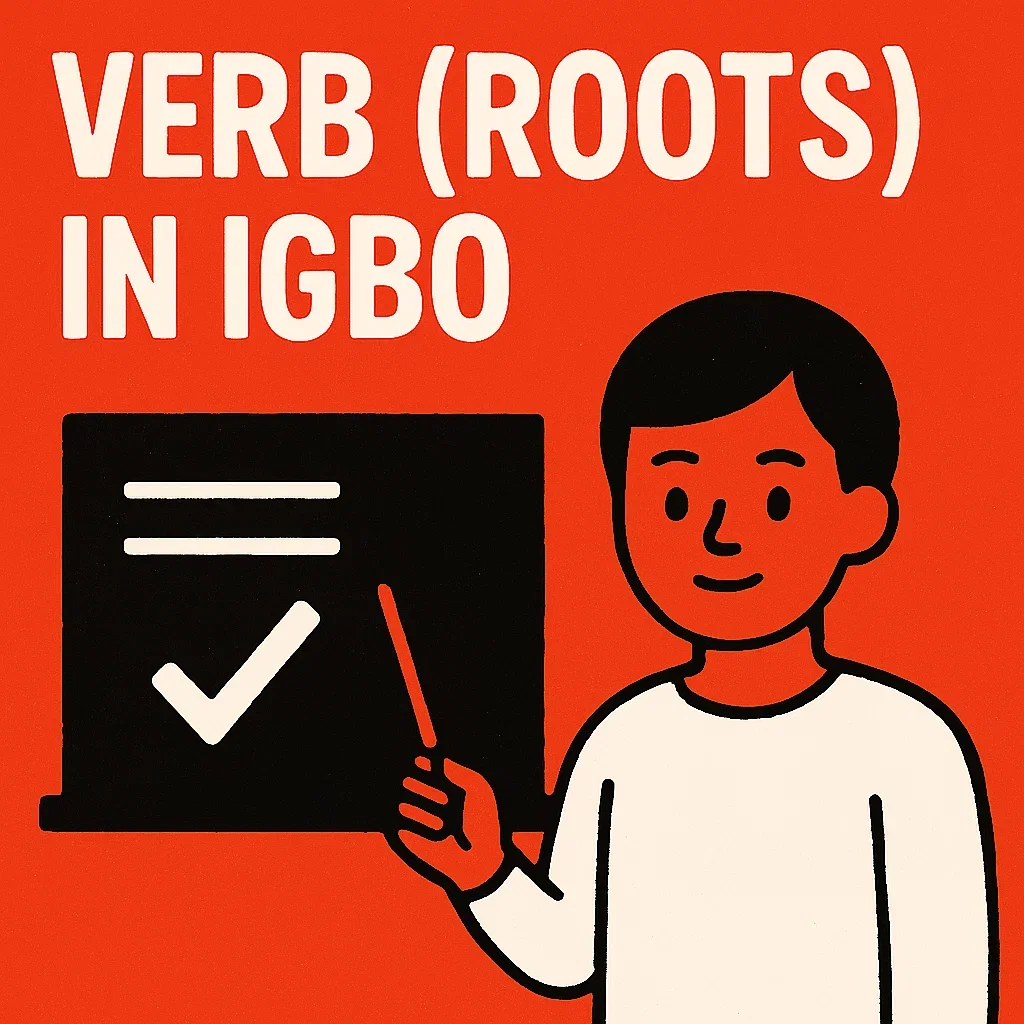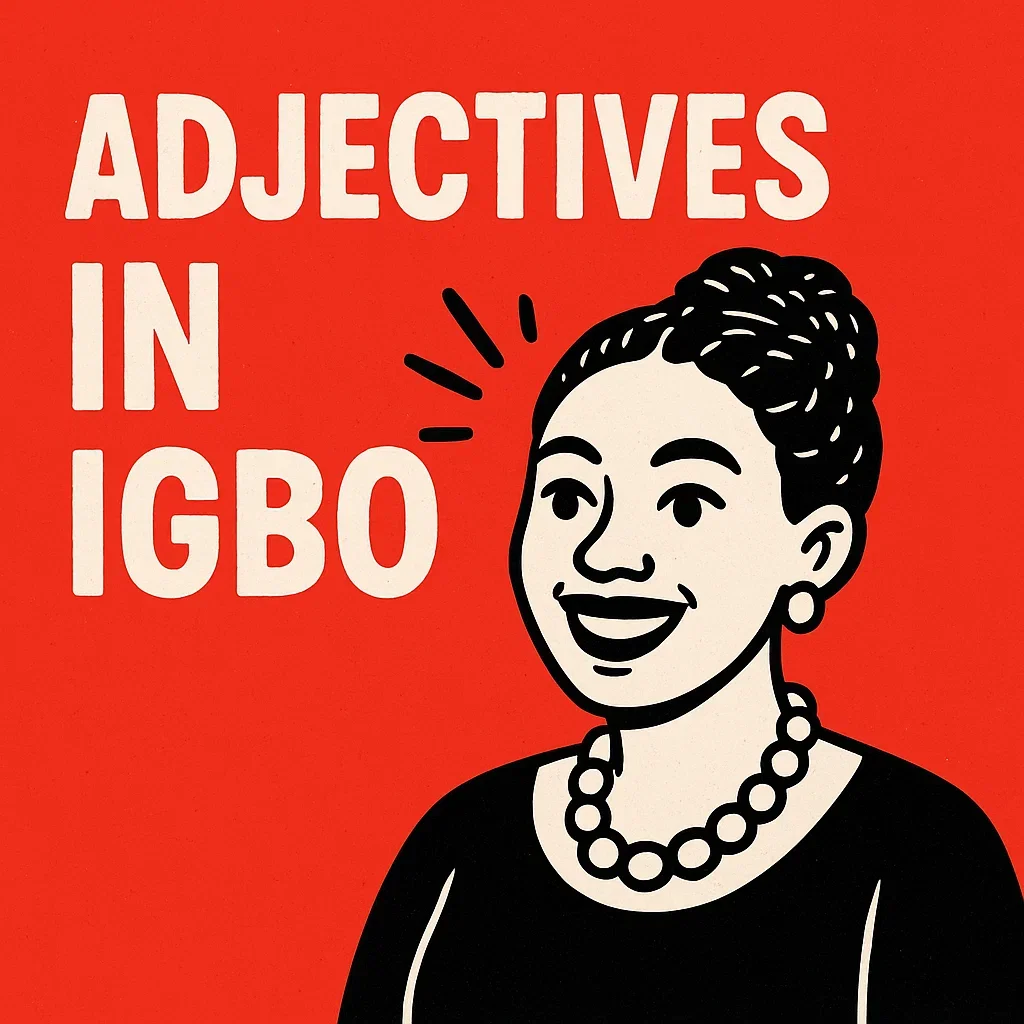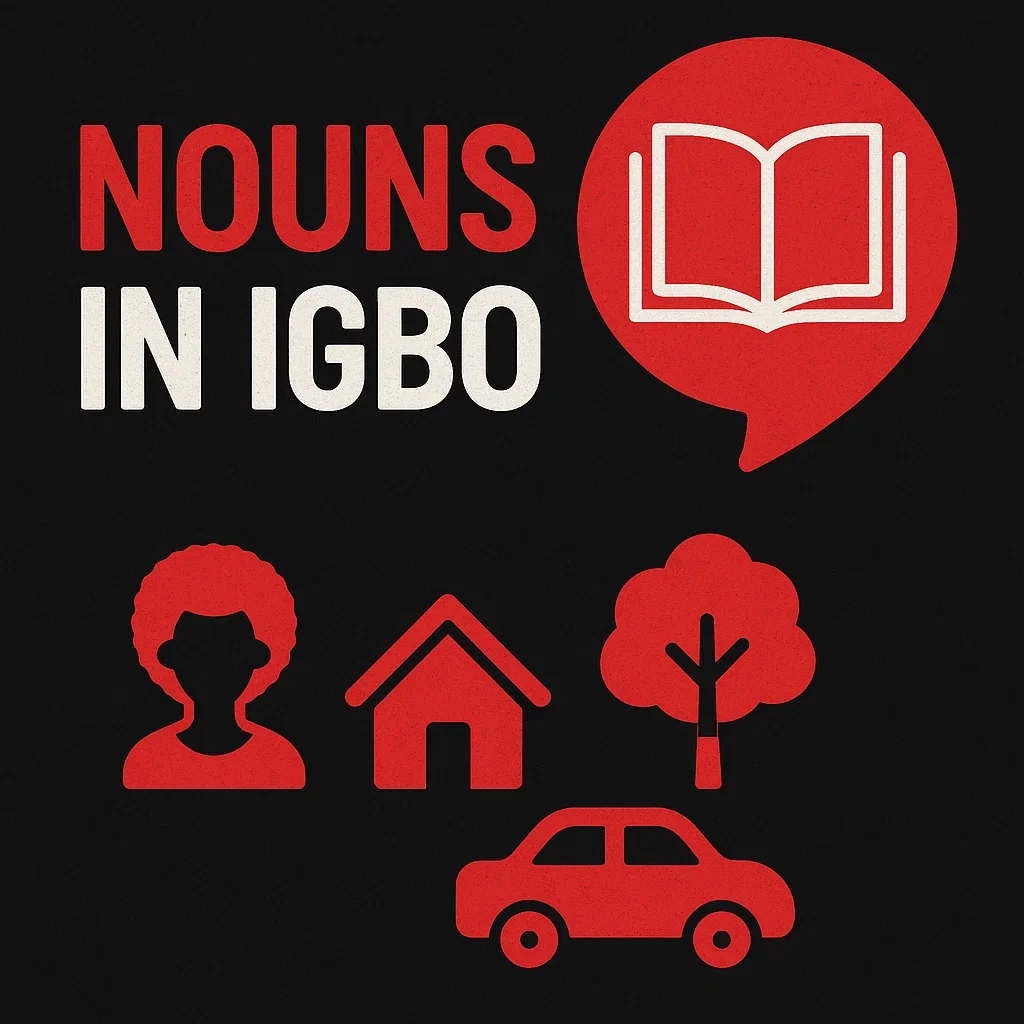Subject-Verb Agreement and Word Order in Igbo Language taught by Uzoma Veer
This post is set to “Public View,” so anyone with a link can view it. Feel free to share with others.
Watch a recording of Session 22 from our free Igbo language class held on Zoom below ↓
Quick recap
The class engaged in a detailed discussion about verbs and their importance in sentence structure, with particular focus on Igbo language grammar and the differences between English and Igbo verb conjugations and sentence order. Uzoma led the group through exercises on identifying subjects, verbs, and objects, while explaining concepts like auxiliary verbs and the use of pronouns in Igbo language. The session concluded with practice on forming emphatic sentences and homework assignments related to verb suffixes, with students actively participating in the language learning exercises.
Next steps
All students to find the verb from last week's class that has a suffix instead of a prefix by reviewing the recorded class.
Session Summary Notes
Understanding Verbs in Language
Uzoma led a discussion on verbs and their importance in completing sentences, emphasizing their role in showing actions or states. Ada and Ogonna participated, with Ada explaining that verbs describe actions or states, and Ogonna recalling that some verbs start with the letter 'e.' Uzoma encouraged the class to practice identifying and using verbs in their language studies.
Igbo Language Structure and Syntax
Uzoma led a class discussion on Igbo language structure, focusing on subject-verb-object (SVO) order and the use of pronouns. They explored how verbs can have suffixes instead of prefixes, and discussed the concept of "only" as a pronoun meaning "person" in certain contexts. The class reviewed examples of sentences and practiced identifying subjects, verbs, and objects in both Igbo and English, with Uzoma emphasizing the importance of understanding context rather than literal translation when learning Igbo.
Igbo Subject-Verb Agreement Explained
Uzoma discussed the subject-verb agreement in Igbo language, explaining that while English changes verb forms to indicate plurality, Igbo uses numbers or context to show plural forms. He provided examples of basic Igbo sentences and emphasized the importance of paying attention to intonation and context to identify subjects and objects. The discussion included examples in both Igbo and English to illustrate the concepts.
Igbo Sentence Structure and Emphasis
Uzoma discussed sentence structure in Igbo, explaining that while the typical order is subject-verb-object, the order can change for emphasis. He noted that some native speakers don't always follow strict subject-verb-object agreement, instead using natural speech patterns. Uzoma provided examples to demonstrate how changing the order of words can convey different emphasis, such as showing someone's anger or happiness. The group practiced identifying subjects, verbs, and objects in sentences, and discussed how to use verb conjugations correctly.
Igbo Verb Structure and Function
The group discussed the structure of Igbo verbs, focusing on the distinction between main verbs and auxiliary verbs. Uzoma explained that in Igbo, auxiliary verbs like "na" help form complete verbs by working with the main verb root, similar to how "be" functions in English. The class reviewed examples of sentences to demonstrate how these verb forms work together, with Uzoma emphasizing that the combination of the auxiliary verb and main verb creates a complete verb unit. The discussion aimed to clarify any confusion between previous and current understandings of verb structure in Igbo language classes.
Igbo Pronouns and Sentence Structure
The group discussed pronouns and gender distinctions in Igbo. Uzoma explained that while Igbo doesn't have masculine or feminine words, context helps determine meaning, and they practiced building simple sentences to understand word order. The discussion included examples like "I am cooking meat" and "you are writing a book" to illustrate subject-verb-object structure.
Igbo Emphatic Sentence Structures
The class focused on Igbo language grammar, specifically discussing sentence structure and emphasis. Uzoma explained how to form emphatic sentences by rearranging sentence parts and using conjunctions like "ka" and "na", while noting that while learner-level grammar is acceptable, native speakers follow different patterns. The class practiced converting simple sentences into emphatic form, with students like Ogonna and Ada participating in exercises. Uzoma assigned homework for the next class, asking students to identify a specific verb with a suffix that was discussed in the previous week's class.
Meet Your Instructor
Uzoma Veer is a creative professional and founder of Veepress Integrated Services. Passionate about purposeful design and communication, Uzoma works as a UI designer, social media manager, Igbo tutor, translator, creative writer, and public speaker.




